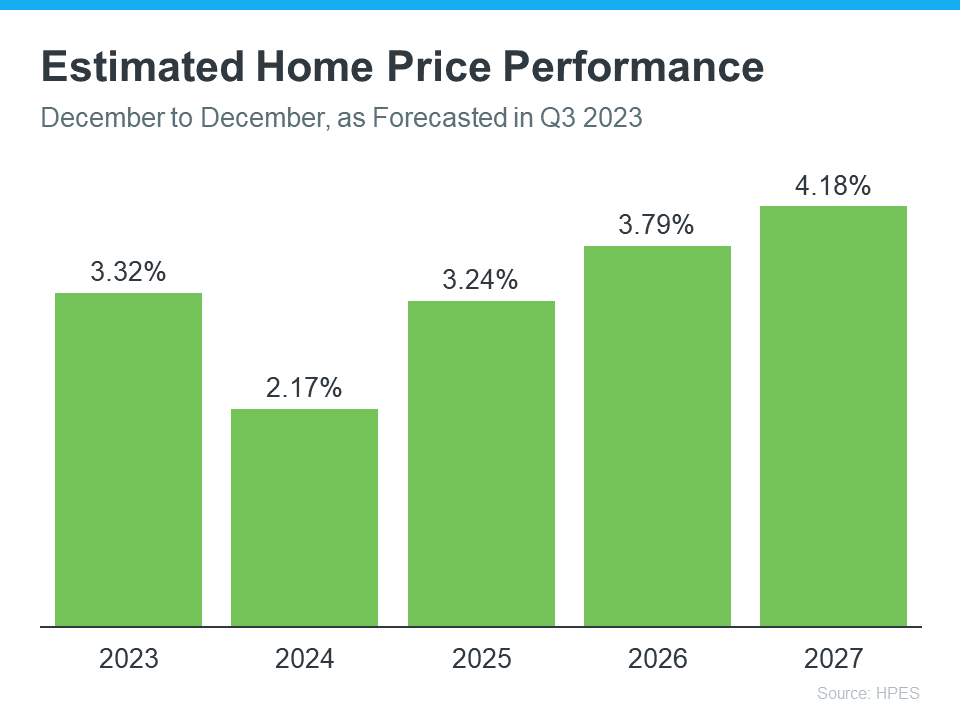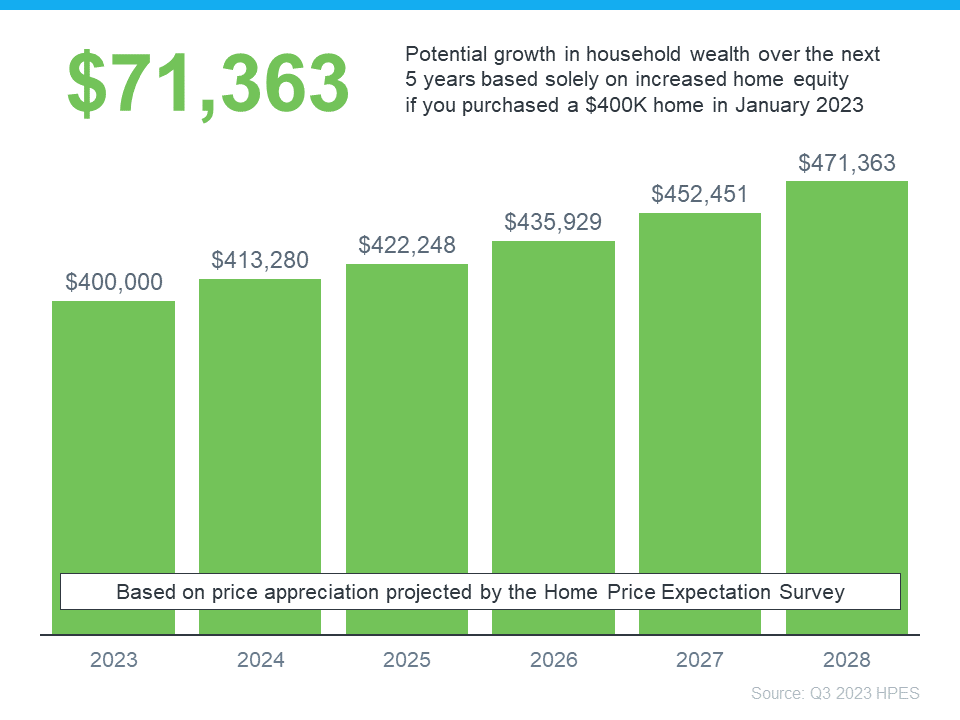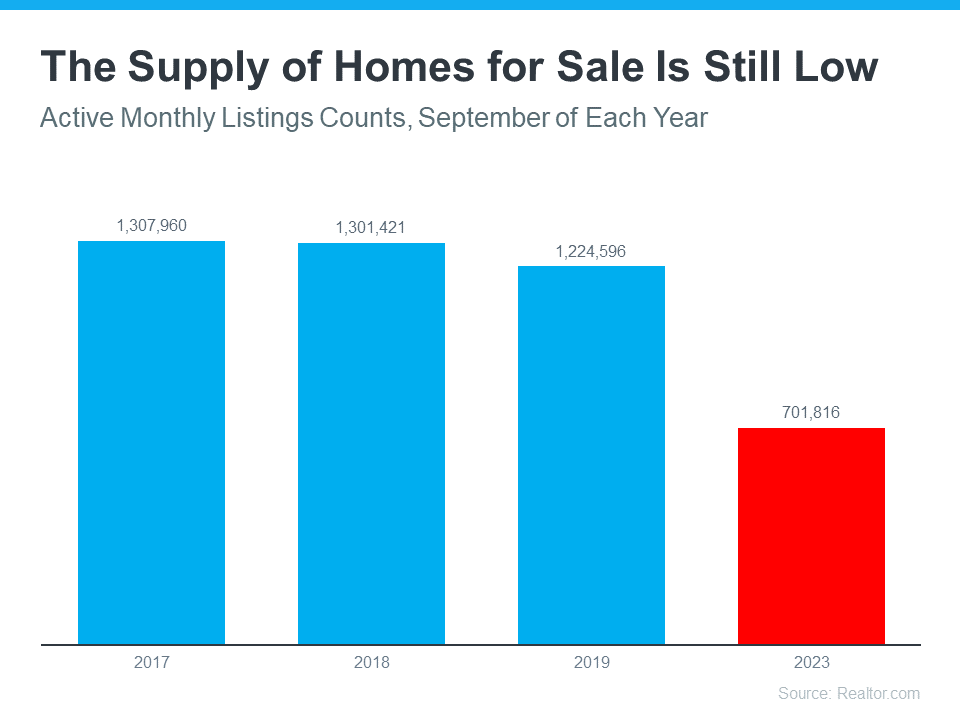The world of House Flipping! Let’s delve into the world of real estate and uncover the ins and outs of ARV, or After Repaired Value. In today’s discussion, we will specifically focus on the challenges faced by homeowners when dealing with house flippers. With the rising popularity of flipping properties for profit, it’s essential to understand the concept of ARV and the potential pitfalls that can arise during these transactions. Whether you’re a homeowner looking to sell or a curious enthusiast of real estate, this article aims to provide you with valuable insights into the world of house flipping and the problems that can arise when dealing with one.
Understanding ARV: The Key Metric For House Flippers
Understanding ARV: The Key Metric For House Flippers
When it comes to the world of house flipping, one of the most crucial metrics to understand is the After Repaired Value (ARV). ARV represents the estimated value of a property after it has been repaired and renovated, making it a vital tool for both experienced and novice house flippers. This metric not only helps flippers determine potential profit margins but also assists in assessing risks and making smart investment decisions.
House flippers are individuals or companies who purchase distressed properties, renovate them, and sell them for a profit. The success of their endeavors largely depends on accurately estimating the ARV of the property they plan to flip. However, determining the ARV is not as simple as it may seem. It requires a thorough analysis of various factors, including market trends, property condition, location, and the costs associated with repairs and renovations.
One common problem that house flippers encounter is underestimating the ARV. When flippers fail to accurately assess the potential value of a property after it has been repaired, it can lead to significant financial losses. Overlooking important details or relying on outdated information can result in unrealistic expectations and an inability to sell the property at the desired price.
To avoid this problem, flippers should conduct comprehensive market research and utilize the expertise of real estate professionals. This may involve studying comparable properties in the area that have recently sold, analyzing market trends, and consulting with realtors or appraisers who have a deep understanding of the local market. By incorporating these analyses into their calculations, flippers can make more informed decisions and mitigate potential risks.
Another challenge that flippers often face is accurately estimating the cost of repairs and renovations. Renovating a property can be a complex process, and unforeseen expenses are not uncommon. Flippers must consider the cost of materials, labor, permits, and potential delays when determining the budget for renovations. Any miscalculations in this area can significantly impact their profit margins.
To overcome this challenge, it is crucial for flippers to work closely with contractors and other professionals in the construction industry. Having reliable and trustworthy experts who can accurately assess the scope of work and provide accurate cost estimates is essential. By involving professionals from the beginning, flippers can avoid unexpected surprises and ensure that their budget aligns with the desired outcome.
Additionally, flippers must also take into account the time it takes to renovate and sell the property. Holding costs, such as loan payments, property taxes, and utilities, can quickly eat into profits if the property remains on the market for an extended period. Therefore, accurately estimating the time required for renovations and factoring it into financial planning is essential for successful house flipping.
In conclusion, ARV is a key metric for house flippers, allowing them to determine potential profit margins, assess risks, and make informed investment decisions. Understanding ARV requires a comprehensive analysis of various factors and market trends, as well as accurate calculations of repair and renovation costs. By avoiding common pitfalls such as underestimating the ARV or miscalculating renovation expenses, flippers can increase their chances of success in the highly competitive world of house flipping.
The Appeal And Pitfalls Of House Flipping
House flipping has gained significant popularity over the years, attracting both seasoned investors and budding entrepreneurs looking to make a quick profit in the real estate market. With the promise of substantial returns, the appeal of house flipping is undeniable. However, behind the allure lies a host of potential pitfalls and challenges that house flippers must navigate.
At the heart of successful house flipping lies a key concept known as the After Repaired Value (ARV). ARV refers to the estimated value of a property after it has undergone necessary repairs and renovations. This value is crucial for house flippers as it determines the potential profit or loss they will incur on their investment.
The ARV is calculated by considering several factors, including the current market conditions, the property’s location, its size and layout, as well as the quality of the repairs and upgrades to be made. For house flippers, accurately estimating the ARV is essential in determining the purchase price they are willing to pay for a distressed property.
The appeal of house flipping lies in the potential for substantial profits. Successful house flippers can often turn a neglected, run-down property into a desirable living space, commanding a higher price in the market. This ability to transform a property and contribute to the revitalization of neighborhoods can be incredibly fulfilling for investors.
Moreover, house flipping allows individuals to capitalize on their creativity and vision. Through strategic renovations and upgrades, house flippers can add value to the property and attract potential buyers or tenants. This aspect of house flipping appeals to those with a keen eye for design and a passion for transforming spaces.
Despite its appeal, house flipping is not without its challenges. One of the most significant pitfalls of house flipping revolves around the unpredictability of renovation costs. In many cases, unforeseen problems such as structural issues, plumbing or electrical problems, or even permit delays can lead to significant cost overruns. These unexpected expenses can eat into the potential profit margins and turn a lucrative venture into a financial burden for house flippers.
Another challenge that house flippers often face is the competitive nature of the real estate market. As more individuals venture into house flipping, the demand for distressed properties increases, making it harder to find lucrative investment opportunities. The increased competition can lead to inflated purchase prices and, consequently, decreased profit margins for house flippers.
Furthermore, dealing with contractors and subcontractors can also pose challenges for house flippers. Coordinating schedules, ensuring quality workmanship, and managing the overall renovation process can be time-consuming and stressful. Delays in completing renovations can negatively impact the potential profit of the project and stretch the timeline for completion.
Lastly, house flippers must also consider the market conditions and trends when determining the ARV. A sudden market downturn or changes in buyer preferences can significantly impact the property’s value, potentially leading to a loss instead of a profit. Staying informed about the local real estate market and accurately forecasting future trends is essential for success in the house flipping business.
In conclusion, house flipping offers a tempting proposition for investors seeking to enter the world of real estate. The potential for substantial profits and the ability to transform neglected properties into desirable living spaces are alluring aspects of this venture. However, the path to success in house flipping is fraught with challenges. Accurately estimating the After Repaired Value, managing renovation costs, dealing with market competition, and navigating the complicated renovation process are just a few of the hurdles that house flippers must overcome. Despite the pitfalls, those who approach house flipping with thorough research, careful planning, and a realistic understanding of the risks can find success in this exciting and potentially profitable endeavor.
Challenges In Dealing With House Flippers: A Deep Dive
House flipping has become a popular practice in the real estate industry. House flippers, also known as real estate investors, purchase distressed or undervalued properties, make renovations and repairs, and then sell them for a profit. This practice has gained significant attention due to the potential returns it offers, attracting both experienced professionals and novice investors. However, while house flipping can be a lucrative business, there are several challenges associated with dealing with house flippers that prospective sellers should be aware of.
One of the major challenges in dealing with house flippers is accurately determining the After Repaired Value (ARV) of the property. The ARV is the estimated value of a property after it has undergone the necessary repairs and renovations. House flippers rely heavily on this value to determine the budget and potential profit of a house flip. However, estimating the ARV accurately can be a complex task as it involves considering numerous factors such as the property’s location, market conditions, and comparable sales in the area. Sellers who are not familiar with these considerations may find it difficult to negotiate a fair price with house flippers.
Another challenge in dealing with house flippers is ensuring that the repairs and renovations they undertake are of high-quality. House flippers often have tight budgets and strict timelines, which can sometimes result in them cutting corners or using subpar materials. This can lead to issues down the line, leaving the seller responsible for any problems that arise after the sale. It is crucial for sellers to thoroughly vet house flippers, check their previous projects, and ensure that proper contracts are in place to protect their interests.
Transparency is yet another challenge often faced when dealing with house flippers. Some investors may hide certain information about the property or its history to maximize their profit margins. It is important for sellers to be aware of any potential liens, legal issues, or structural problems associated with the house. Conducting a thorough inspection and working with reputable professionals such as real estate agents or property inspectors can help sellers uncover any hidden issues and make informed decisions.
One of the most significant concerns when dealing with house flippers lies in the communication process. Many investors work on multiple projects simultaneously, and it can be challenging to maintain consistent and open communication throughout the entire process. Sellers may find it frustrating to get updates on the progress of the renovations, negotiate changes or additional repairs, or even finalize the sale. Establishing clear lines of communication and ensuring regular updates can mitigate these challenges and maintain a positive working relationship with house flippers.
Moreover, the fast-paced nature of house flipping can sometimes create pressure on the seller to make quick decisions without fully considering all available options. House flippers often present attractive cash offers, positioning themselves as a hassle-free alternative to the traditional selling process. However, it is essential for sellers to carefully evaluate these offers against other options, such as working with real estate agents or exploring the market to potentially fetch a higher sale price.
Overall, while house flipping can offer beneficial opportunities for both buyers and sellers, dealing with house flippers can present a unique set of challenges. Accurately determining the ARV, ensuring quality repairs, promoting transparency, maintaining effective communication, and carefully evaluating offers are crucial steps for sellers to navigate the intricacies of working with house flippers. By taking these challenges into account, sellers can minimize risks and maximize the potential rewards associated with selling properties to house flippers.
Strategies For Overcoming Problems With House Flippers
When it comes to dealing with house flippers, there can be a variety of challenges that arise. These challenges can stem from differing priorities, misunderstandings, or even unethical practices. While it is true that not all house flippers are problematic, it’s important to be aware of the potential issues that may arise when working with them. In this section, we will discuss strategies for overcoming problems with house flippers and ensuring a smooth transaction.
1. Research the Flipper: Before entering into any agreement with a house flipper, it is crucial to conduct thorough research on their background, track record, and reputation. Look for reviews, testimonials, or case studies to gauge their credibility and reliability. This step can save you from potential headaches down the line. It’s also a good idea to ask for references and reach out to past clients to cross-verify their experiences.
2. Set Clear Expectations: When working with house flippers, it is essential to have open and honest communication from the beginning. Clearly define your goals, timelines, and expectations regarding the project. Discuss the scope of work, budget, and any specific requirements you may have. This will help set realistic expectations and minimize misunderstandings during the process.
3. Get Everything in Writing: It’s crucial to document all agreements, contracts, and discussions in writing. Having a written agreement ensures that both parties are on the same page and helps protect your interests. Include details such as the schedule of work, payment terms, responsibilities of each party, and remedies for breach of contract. This will provide a reference point in case any disagreements or disputes arise.
4. Regular Communication and Inspections: To avoid surprises and maintain transparency, it is important to establish a regular communication schedule with the house flipper. Stay involved in the process by visiting the property regularly to monitor progress and address any concerns promptly. Regular inspections can help identify potential issues and allow you to address them before they become more significant problems.
5. Secure Financing and Independent Appraisal: Before beginning any transactions with house flippers, it is crucial to have your financing in order. Obtain pre-approval from your lender to ensure you have the funds necessary to complete the project. Additionally, consider getting an independent appraisal of the property to determine its accurate After Repaired Value (ARV). This will help you gauge the profitability of the project and avoid overpaying for the property.
6. Work with Professionals: Considering the complexity of real estate transactions, it is advisable to seek professional help when dealing with house flippers. Hire a real estate attorney who specializes in property transactions to review contracts and safeguard your interests. Additionally, consider collaborating with real estate agents, inspectors, and contractors who have experience dealing with house flippers. These professionals can offer guidance, insights, and additional layers of protection throughout the process.
7. Trust Your Instincts and Walk Away if Necessary: If you have reservations or concerns about a house flipper or their practices, trust your instincts. If something doesn’t feel right or you suspect unethical behavior, it may be best to walk away from the transaction. Avoid getting caught up in potential scams or compromising situations that could lead to financial or legal troubles. Remember, it’s better to lose out on a potential deal than to enter into a harmful agreement.
By implementing these strategies, you can minimize the risks and problems associated with dealing with house flippers. While not all flippers are problematic, it is crucial to conduct due diligence and take necessary precautions before engaging in any real estate transactions. Stay informed, communicate effectively, and prioritize your best interests to ensure a smooth and successful experience.



















